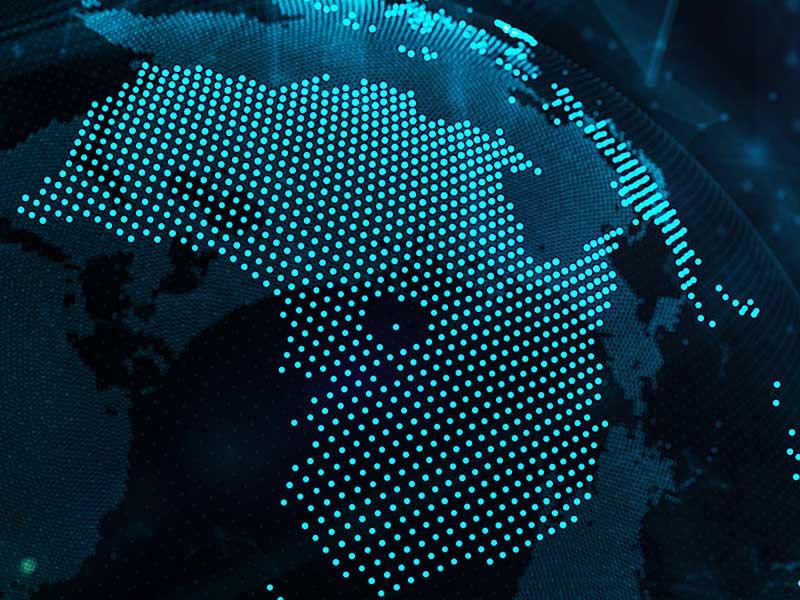Nine Australian researchers will split $6 million in federal funding to work with partners from east Asia on projects like hydrogen, AI, advanced manufacturing and solar technologies after securing funding from a slimmed down science diplomacy program.
The recipients were announced by Science minister Ed Husic in Singapore on Monday, capping a protracted delivery process for the Global Science and Technology Diplomacy Fund announced in 2022.
Sydney universities and the ANU dominated the grant round, with partners from Japan, the Republic of Korea, Thailand, Singapore and New Zealand.

The $60.2 million Global Science and Technology Diplomacy Fund was announced by the Morrison government in 2022 with a wide range of potential partner nations for a strategic funding stream
Its allocation was slashed by $25 million in 2023 by the Albanese government and partner nations were restricted earlier this year to regional neighbours and Brazil.
Applications opened in March and were announced by Mr Husic on Monday, nine months later.
Hydrogen focused recipients include UNSW research on sunlight to hydrogen with partners from Japan, Indonesia, Malaysia and Singapore; an ANU led project to split seawater for hydrogen production with Japan and Singapore; and Swinburne work on new manufacturing strategies for electrolyser component manufacture.
Projects exploring advanced materials and manufacturing processes include University of Sydney work with Japan on rare-earth permanent magnets; automation technologies for maing solar cells led by Macquarie University and Republic of Korea researchers; and the University of Queensland working with several Asian nations on advanced materials and integrated optoelectronics.
ATSE chief executive Kylie Walker said the federal grants help to build international collaborations and bring technologies closed to deployment.
“Importantly, this fund is building advanced STEM skills, networks and long-term relationships across Australia and our region,” she said, “Through global collaboration with key partners on advanced technology, we will highlight and promote regional capability consistent with Australia’s national interest and potential.”
Australian Academy of Science CEO Anna-Maria Arabia said the increased collaborations are in Australia’s national interest amid rising tensions.
“Science and technology exchange plays an increasingly important role in Australia’s diplomatic efforts, particularly in the current geopolitical environment,” she said.
Do you know more? Contact James Riley via Email.

